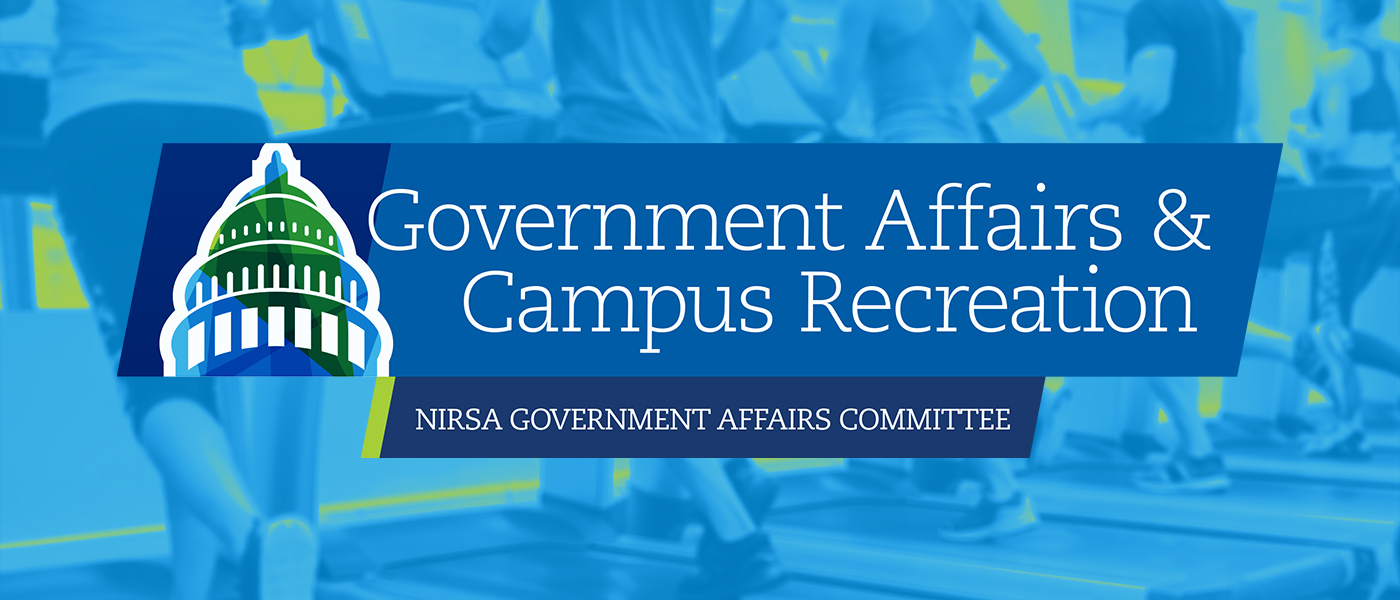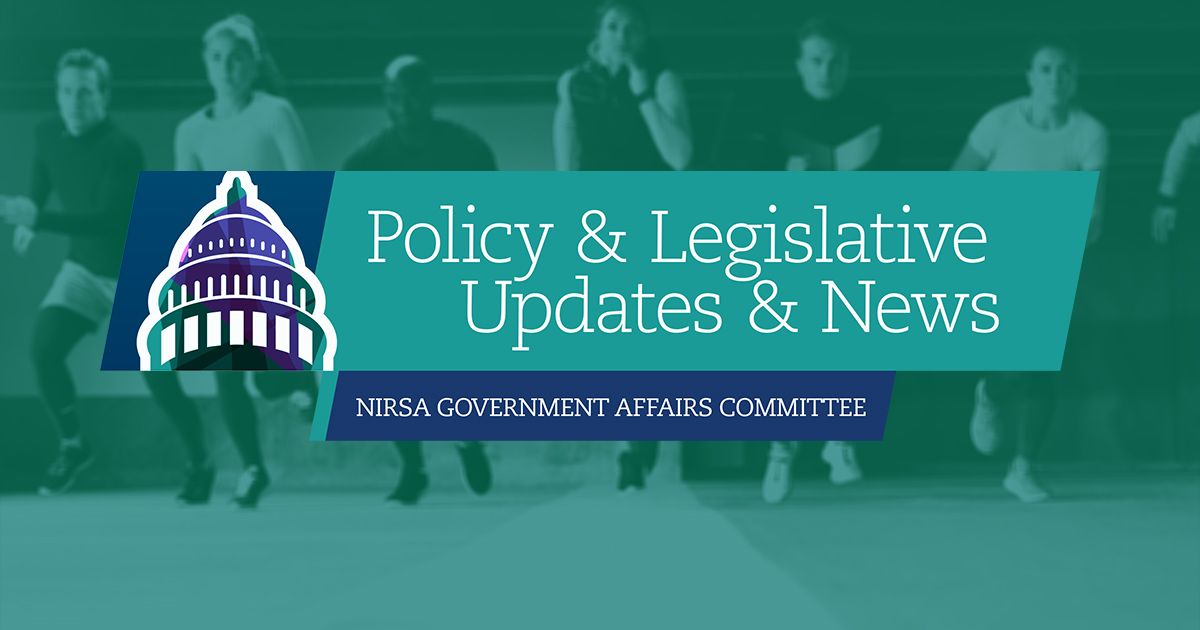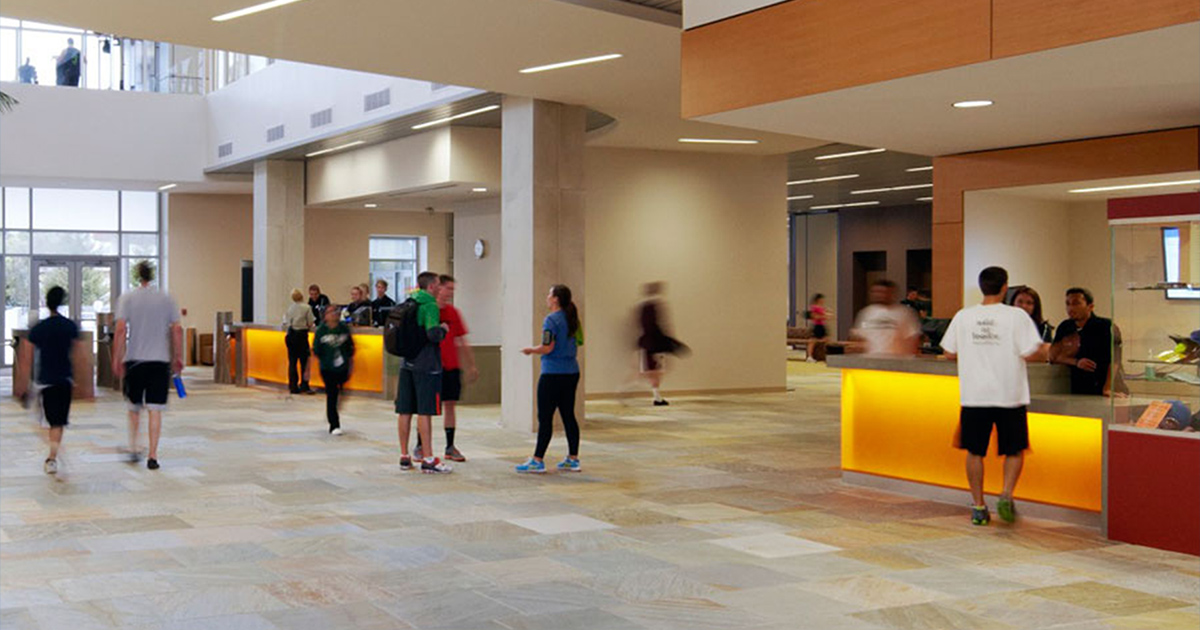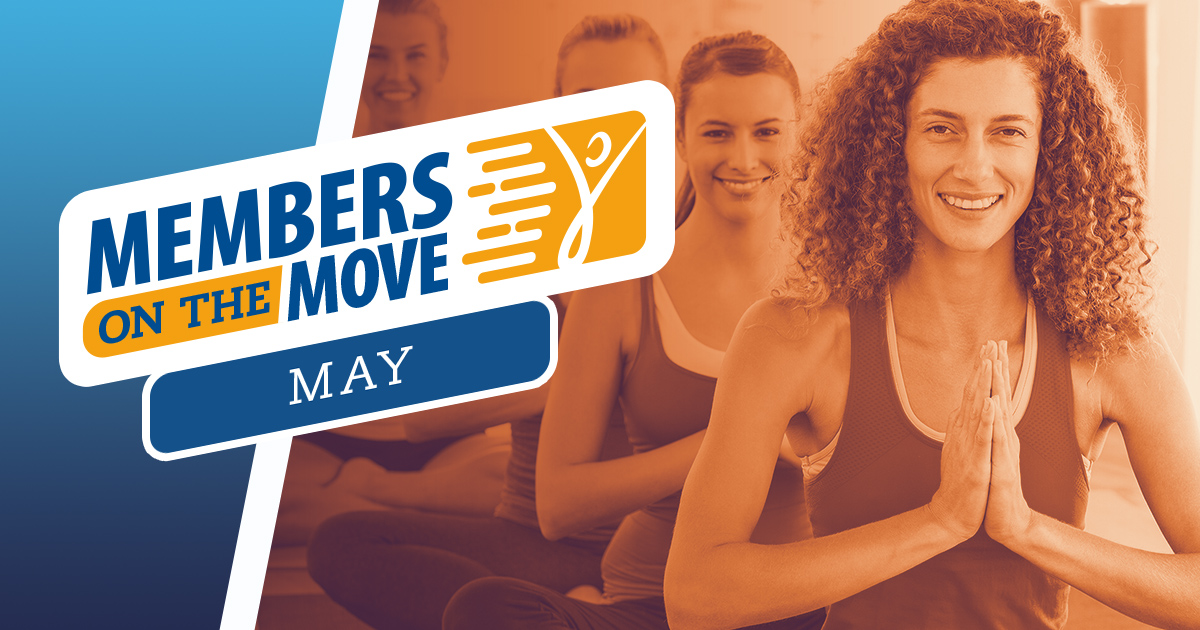As we move through month seven of varying degrees of shutdowns due to coronavirus, officials are slowly going back to work. From youth to high school to NCAA and even professional leagues, varying sports have returned in largely differing environments. The NBA produced a bubble and their officials joined players, coaches, and personnel in full seclusion from society. Conversely, the NFL begins with officials being tested regularly, but continuing their lives outside of football. Similarly, MLB umpires are carrying on their lives outside of baseball, but strict measures are taken on the diamond with mask and testing requirements.
The NCAA has paused most sports with the large exception of football this fall. Six of the ten Football Bowl Series (FBS) conferences are pressing on with a season. What does it look like for collegiate officials right now? The truth is it varies. Most conferences are using testing requirements. All conferences are requiring masks of some kind, with some designating specific three-layer masks for use. Meetings with game staff and coaches are physically distanced in many cases; every possibility to avoid unnecessary contact is taken (much like what’s encouraged by players during gameplay). Additionally, electronic whistles have been widely adopted as a means to avoid the spittle originating from regular whistles.
What does this mean for intramural officials? Each campus will need to decide, but one thing is for certain: Measures to protect our health and safety should be the foremost concern for administrators everywhere.
On the horizon, NCAA basketball will be the next big money-making sport to figure out a way to play. They’ve explored temperature taking before games, the use of whistle covers or electronic whistles, and even eye wear at the discretion of officials. Gone may be the days of physically splitting players using our bodies. As we’ve learned from the sports already playing, officials need to be ready to adapt to a rapidly changing environment. While that’s something we’re used to, the coronavirus has forced many peers out of this profession we all love. For those of us fortunate enough to work right now, let’s appreciate the opportunity we have and stay safe on the field, court, diamond, or pitch. One thing is for sure: Our services will be at an all-time high for demand once this pandemic concludes.
Legislation affecting officials
While states and athletic associations are grappling with figuring out how to successfully play sports and protect players and officials during a pandemic, many states have already passed protections for officials when it comes to another danger: Harassment and/or assault from spectators, coaches, or players.
According to the National Association of Sports Officials (NASO), there are currently 21 states that have officiating assault and/or harassment laws (including 19 with criminal laws and two with civil statutes), 16 with limited liability legislation, and 14 states with independent contractor laws. In addition, three states—Idaho, Washington, and Missouri—have supportive resolutions for officials. The following states have no laws specifically protecting officials: Arizona, Utah, Colorado, Wyoming, South Dakota, Nebraska, Kansas, Iowa, Wisconsin, Michigan, Indiana, New York, Vermont, New Hampshire, Maine, and Connecticut. If you live in one of the aforementioned states and want to try to initiate change, check out NASO’s recommendations for starting the conversation in your state!
You can also keep tabs on how such legislation develops in many stages by regularly checking out the Policy Pages on the NIRSA website.
Get out the vote
The Government Affair Committee encourages all members to be mindful of your local voting laws and volunteer opportunities in your state as we gear up for election day. Please take a minute to ensure you know how your voice can be heard.
- For more information, please contact NIRSA Director of Advocacy & Strategic Partnerships Erin O’Sullivan.
Parker Anderson is currently the Competitive Sports Coordinator at San Diego State University. He is a member of the NIRSA Assembly.
Andrew Chadick is currently Senior Associate Director of Programming and Assessment for University of Texas at San Antonio Campus Recreation and he serves as a member of NIRSA's Government Affairs Committee; you can email him at andrew.chadick@utsa.edu.







